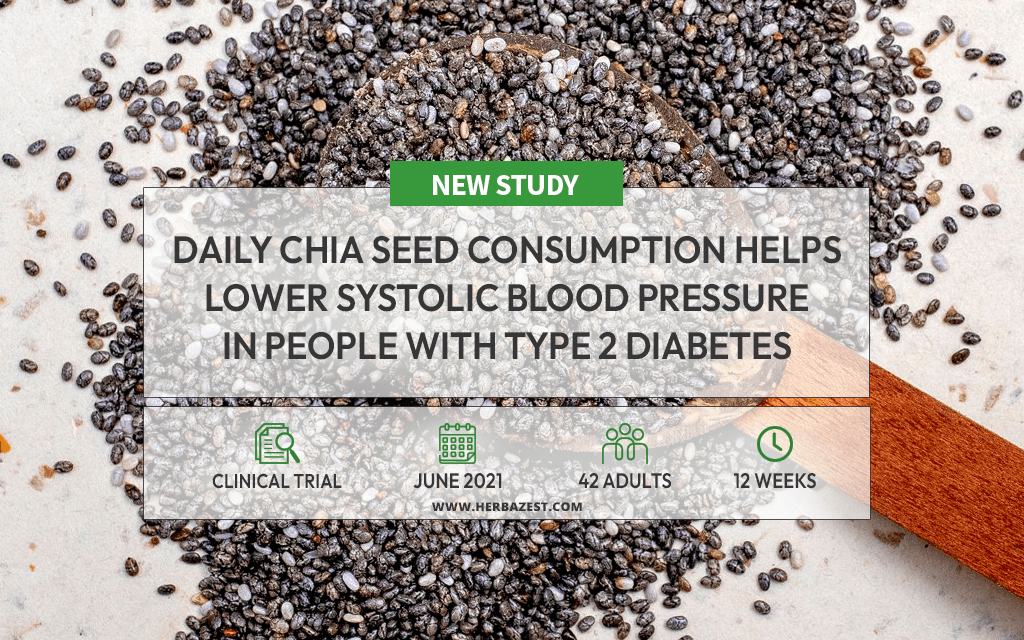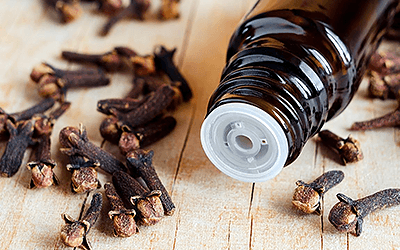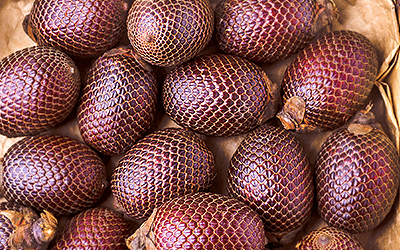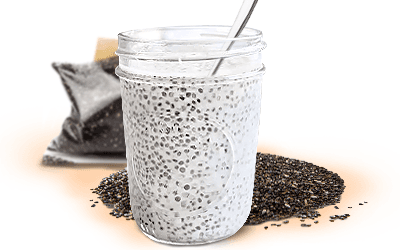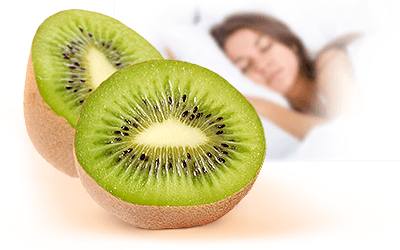Chia seeds have earned their spot in the modern superfood spotlight, often praised for their fiber, protein, and omega-3 fatty acid content. But while they're commonly added to smoothies and yogurts for a nutritional boost, many people wonder whether these tiny seeds can really influence health outcomes in a meaningful way. A recent study dives deeper, exploring whether daily chia consumption could benefit people with type 2 diabetes, specifically when it comes to blood pressure and other key markers.
The Study
In this clinical trial, 42 adults with type 2 diabetes were split into two groups. One group consumed 40 grams of chia seeds (about 3 tablespoons) daily for 12 weeks, while the other group made no dietary changes. Both groups kept their regular routines - no new diets, exercise plans, or medication changes. The goal was to isolate the effects of chia seeds alone. Researchers tracked a variety of markers, including fasting blood sugar, insulin levels, hemoglobin A1c, cholesterol, inflammation, and blood pressure.
The Results
After 12 weeks, the only significant difference between the two groups was a reduction in systolic blood pressure (the top number in a BP reading) in the chia seed group. All other factors - namely, glucose control, cholesterol, weight, and inflammation - remained essentially unchanged. While this might seem underwhelming at first glance, the drop in systolic blood pressure was strong enough to be statistically meaningful.
What Does this Mean?
For people with type 2 diabetes, managing blood pressure is just as crucial as controlling blood sugar. High blood pressure increases the risk of heart attack, stroke, and kidney disease.1 The study's findings suggest that enriching one's daily diet with a simple, natural ingredient like chia seeds can help lower systolic blood pressure. While they're not a magic bullet, chia seeds could serve as a practical, food-based tool in managing cardiovascular health.
Other plant-based foods like flaxseed, oats, and walnuts also offer heart-friendly nutrients that may help support better blood pressure and overall wellness.
Sources
- Nutrition and Health, Chia seed (Salvia hispanica L.) supplementation to the diet of adults with type 2 diabetes improved systolic blood pressure: A randomized controlled trial, 2021
Footnotes:
- Mayo Clinic. (2023). High blood pressure dangers: Hypertension's effects on your body. Retrieved March 26, 2025, from https://www.mayoclinic.org/diseases-conditions/high-blood-pressure/in-depth/high-blood-pressure/art-20045868
